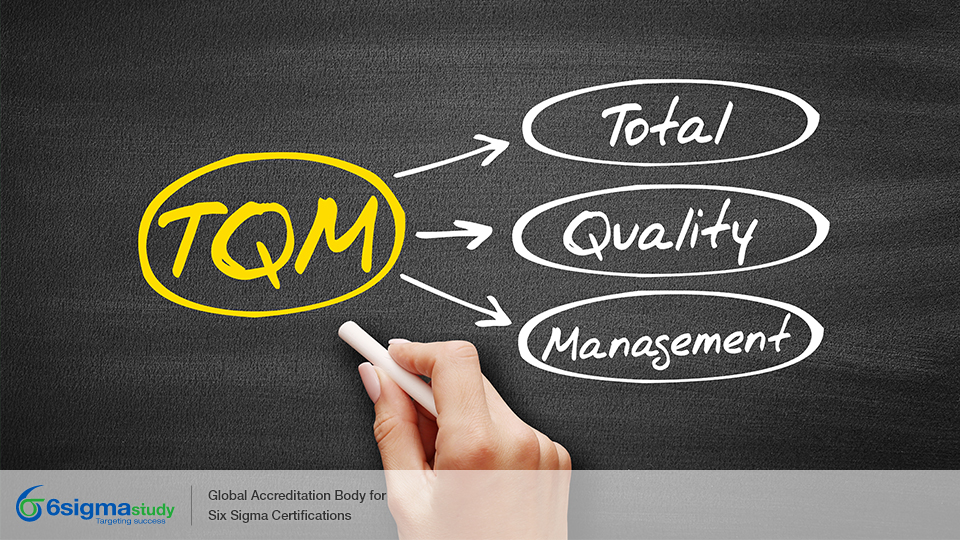Total Quality Management
Posted by 6sigmastudy® on October 27, 2023 | Total Quality
Keywords: Six Sigma 6sigmastudy TQM Six Sigma Yellow Belt (SSYB™) Six Sigma Green Belt (SSGB™) Six Sigma Black Belt (SSBB™) Lean Six Sigma Green Belt (LSSGB™) Lean Six Sigma Black Belt (LSSBB™) Free Articles Free Six Sigma Articles TQM Six sigma define dmaic dmadv
During the global economic downturn of the late 1970s and early 1980s, the United States, along with the rest of the world, found itself in fierce competition with Japan. Japanese companies had gained dominance in the global automotive and electronics markets by developing a strategy that enabled them to manufacture high-quality products at lower costs. They enthusiastically embraced innovative quality control measures. Among the early adopters of these methods was Toyota, which is now a well-known household name. These new management approaches proved to be highly effective, leading to a significant increase in Japanese production quality.
Consequently, American corporations began scrutinizing the quality of Japanese goods and services more closely, seeking ways to enhance their own production methods and regain market share. This shift in perspective gave rise to a notable television advertising campaign with the slogan "If Japan Can… Why Can't We?"
The principles of Total Quality Management (TQM), now associated with Deming, quickly gained widespread popularity across the United States by the late 1980s, becoming widely adopted by companies throughout the nation.
What is Total Quality Management?
Total Quality Management (TQM) represents a business management approach designed to instigate a comprehensive program for enhancing quality within a company. As per the International Organization for Standardization (ISO), "TQM is defined as a “management approach that revolves around the principle of quality”. It is predicated on the active involvement of all members of an organization, with a primary objective of achieving long-term success through customer satisfaction and the mutual benefit of all organization members and society.
The essence of Total Quality Management is encapsulated in its very name:
- The term "Total (T)" signifies the collective responsibility of all employees throughout the organization, spanning from development and production to fulfilment, for the enhancement of operations.
- The term “Quality (Q)” denotes consistently meeting and exceeding customer needs and expectations.
- The term "Management (M)" suggests a deliberate and concentrated effort to implement this methodology.
TQM finds application in various sectors, including manufacturing, education, government, and service industries. Moreover, it plays a role in NASA's space and science programs.
For more such interesting articles on Six Sigma and its concepts, please click here

